(UPDATE) Since Symfony 2.8 You can use symfony 2 as a microframework with a micro kernel controller. See short description here: symfony.com/blog/new-in-symfony-2-8-symfony-as-a-microframework. Now Symfony gives us more control over the structure and architecture. Good alternative to Silex if You prefer the Symfony 2 style.
Comparing Silex to Symfony before 2.8 release
Silex microframework is based on Symfony but it's not exactly the same thing. Using a full-stack framework such as Symfony for a small project is simply overkilling the project.
In a microframework, you have more flexibility to choose the tools you want to use. You can make more decisions about application architecture and logic.
In a full-stack framework with some extend you would have an architecture and a logic already predefined with restrictions and limitations to its configuration.
Silex was designed to build up the tool rather than get the set tools that you might not need. I would say that for small projects in Symfony you would have to remove features - were in Silex you would have to add them.
It is also not true that Silex isn't fit for larger projects. Silex can be used with success for larger projects but remember that you would have to build up your tools to fit your requirements (if you need to customize the architecture and logic - perhaps this is the right way to go). Other than that, I would consider using Symfony instead, because Symfony already has bunch of tools available out of the box.

Bear in mind that:

To conclude, Silex is good for smaller applications and for those, it can surely replace Symfony. Silex can also be used for larger projects (but for larger applications I would recommend to use full-stack framework instead, like Symfony).
Reference for slides at: http://www.slideshare.net/dustin.whittle/silex-from-micro-to-full-stack . If you feel like it, go ahead and read some more about the Silex framework.
I also recommend watching this intro comparing Silex to Symfony: https://www.youtube.com/watch?v=RDVtnsoOysE.
Again, a few Pro for using Silex coming from people who actually use it: https://www.youtube.com/watch?v=OJcdHGJFfLU

